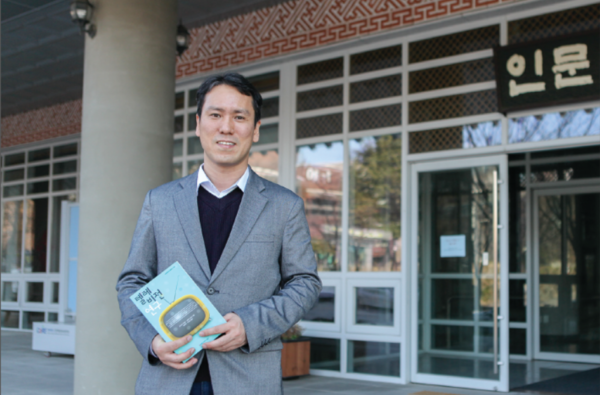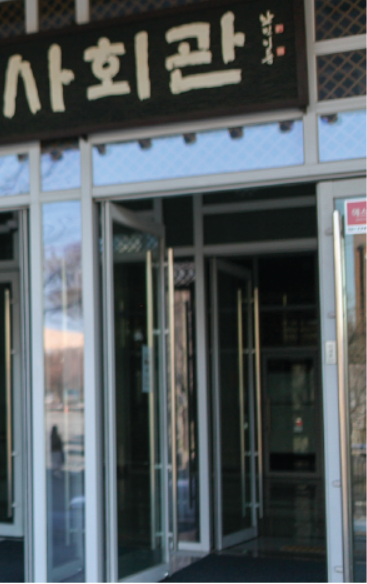You Kyung-han/a Professor of the Department of Journalism and Communications/
Won the Award ‘Yudang Young Scholar Award in Media Law’


What is the ‘Yudang Young Scholar Award in Media Law’?
The ‘Yudang Young Scholar Award in Media Law’ is the award presented by KLEP (Korean society of media Law, Ethics and Policy research). KLEP presents the award every year to up-and-coming researchers in the two academic fields in an effort to stimulate the desire of becoming a scholar in related academic fields, such as media-related laws, policies, institutions and ethics. Professor You was awarded for his thesis about ‘Changes in hazardous communication methods in the hatred society’. It added a depth of theory in order to build academic links between journalism and law, and further contribute to the solid development between media law and the media.

What is the thesis about?
Professor You’s thesis is about the change in communication methods that disruptive modernization has brought. Professor You defined a ‘danger and hatred society’ in which abnormal risks and hatred make circulatory relationships. From a communication perspective, he also interpreted social disaster anew, through a media report analysis of how danger and hatred combine. He said, “hatred is not a specific individual's feeling, but a socially conceived collective emotion. Thus, if social tension increases due to this, it expands into uncontrollable collective violence. This violence leads to routine danger and converts into new forms of social danger. Through this process, danger and hatred form a reciprocal relationship.” He then said, “against this background, society forms when neurological reactions become routine, with irritation and tiredness being rampant.”
JBNU Globe has introduced readers to what kind of essays professor You has written and been awarded. This time, JBNU Globe met Professor You and asked him questions in person.
“Thanks for having us professor, how is it going?”
“I’m good but being busy recording an online lecture. This is my first time and I need to be familiar with it.”
“I'm going to ask you a few questions from your thesis. First of all, how do you try to get out of this ‘danger and hatred society’?”
“There is no specific method to resolve it. The only thing that can stop criticism and hatred is the consideration and understanding of others. Exclusive of that, there is no clear answer and method because it starts with personal feelings and interests.”
“As you know well, there is a lot of ‘danger and hatred societies’ coming out of COVID-19 right now. Would you please explain how the functions of the press can be used in this situation?”
“The danger and hatred from disease and natural disasters is beyond the control of the unit state. For example, there are some people who can't wear masks because of the chaos surrounding masks, and people criticize these people and think of them as objects of disgust. The country's influence to control the situation has a limit. I mean, it is difficult for national laws to exert influence. As there is a saying that law is the least common sense, it is quite impossible to control and regulate all media.”
“That's why self-regulation caused by citizens is the only thing that can be done to protect people from danger. Fortunately, looking at what happened in Korea in the past several days, there are more counter arguments rather than hatred discourse. Furthermore, there are moves to overcome the difficult situation together. The main reason is that citizens voluntarily created positive discourse and acted on it. Such discourse is a way to escape the cycle of hatred and escape the ‘danger and hatred society’. Moreover, if the press pays attention to and encourages such a move, I think it will fulfill its role as the press.”
“Thank you for your help. Related to your award, what is your plan for contributing to the awareness of the connection between the two studies of law and journalism?”
“I mainly lecture on information society technology and information social theory. Therefore, I am interested in AI technology using big data. I am thinking about the legal and journalism interfaces of how we approach and handle the technology as it grows in usage.”
“What would you like to say to students who are studying the media in an era of media development and increased information?”
“Do not be trendy. You don’t have to chase trends. It is important to show what only you can do. Raise your ability to make your own observations, together with reading a lot of books. Build your imagination through the humanities so you can better express it.”
Kim Ju Myeong Reporter

